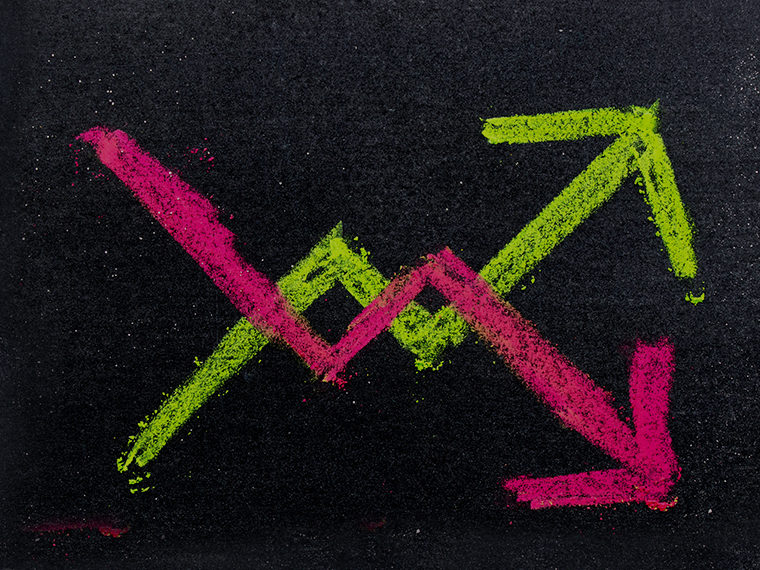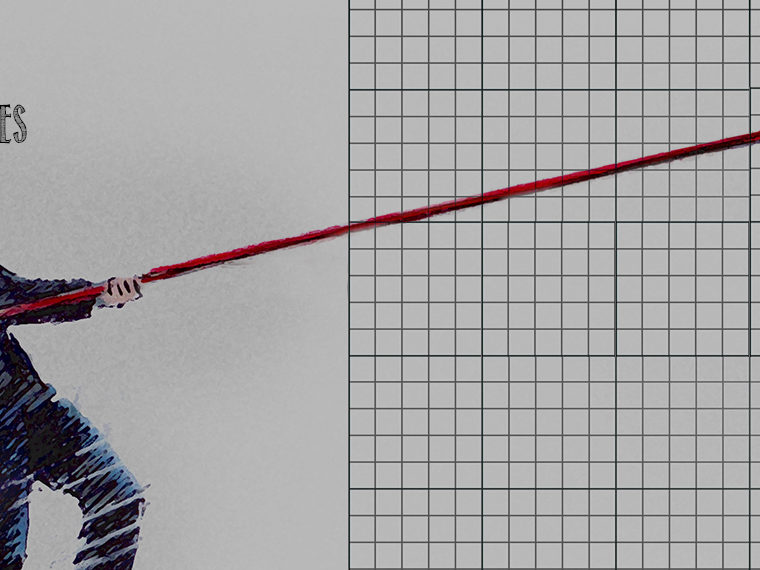Analysis of 15 years of Wikipedia editors’ chatter reveals women of rank don’t shrink from controversial topics
Pop psychology and serious research tell us that women and men have different communication styles. Women’s language leans toward emotion, men’s to action-oriented terms. Men seek to assert authority, while women seek consensus. Women, we are told, are from Venus, and men from Mars.
It’s easy to ascribe these differences to innate qualities or cultural influences. But what if they are simply a product of disparities in the relative power of men and women?
A working paper from Penn’s Sudeep Bhatia and UCLA Anderson’s Jana Gallus sheds some light on the question. After analyzing thousands of conversations among male and female editors of the Wikipedia online encyclopedia, they suggest that conversational differences, while unmistakable at the lower end of the contributor hierarchy, nearly disappear when women reach positions of authority.
Opt In to the Review Monthly Email Update.
“Female and male authorities are just as emotional in their language use, and they are just as likely to engage in conversations about controversial content,” the authors write.
Bhatia and Gallus studied more than 15 years of conversations recorded on Wikipedia “talk” pages, where contributors discuss improvements to the encyclopedia’s topic articles. Most of the volunteer contributors are general editors, but some, at their request, can be promoted to administrator status, which gives them greater authority to block or unblock user accounts, delete and undelete pages and take other special actions.
The researchers analyzed more than 800,000 comments by more than 89,000 editors. It wasn’t possible to identify the gender of more than 90 percent of contributors. Among the rest, only 8 percent, 527 in all, were female.
Using natural-language processing, Bhatia and Gallus assessed the emotional quality of the comments based on their “valence” (whether they were positive or negative) and the emotional intensity or “arousal” implied by the words used. They also considered whether the topics commented on were “controversial” (as defined by Wikipedia) and whether the articles discussed were stereotypically male or female, based on the number of masculine and feminine pronouns in the article.
Women editors’ comments, the findings suggest, were generally more positive than those of male editors. Women editors were also much likelier to use more positively charged words like “happy” and “good.” They also commented more frequently on stereotypically female topics, such as those dealing with childbirth or women’s health, and generally avoided subjects tagged as controversial.
This changed as women moved from editor to administrator. The positive quality of women administrators’ comments fell to roughly match those of men’s, which remained about the same for male editors and admins.
Women’s choice of subject matter also changed when they became administrators. They were even likelier to comment on typically female topics, perhaps reflecting an established expertise in the subjects. Also, in a reversal, women as administrators became slightly likelier to take on controversial subjects than their male colleagues. The reason isn’t apparent in the study, but “it is possible that the position of authority either compels or legitimizes them to engage more in controversial content discussions,” said Gallus in an interview.
Bhatia and Gallus note that the study lacks enough data to explain the mechanism for the changes, but there are clues. For example, they found no significant difference in the emotional quality of the comments made by women editors who would later be promoted and those who wouldn’t. What’s more, the promoted women’s comments took on a less positive cast after they became administrators.
The paper’s results match those of other studies that found the conversational styles of men and women managers to be more alike than different. It’s noteworthy, they add, that this convergence is found in volunteer Wikipedia administrators, who are unlikely to have received formal training in managerial conversational styles.
Featured Faculty
-
Jana Gallus
Associate Professor of Strategy and Behavioral Decision Making
About the Research
Bhatia, S., & Gallus, J. (2019). Gender, power and emotions in the collaborative production of knowledge: A large-scale analysis of Wikipedia editor conversations.






